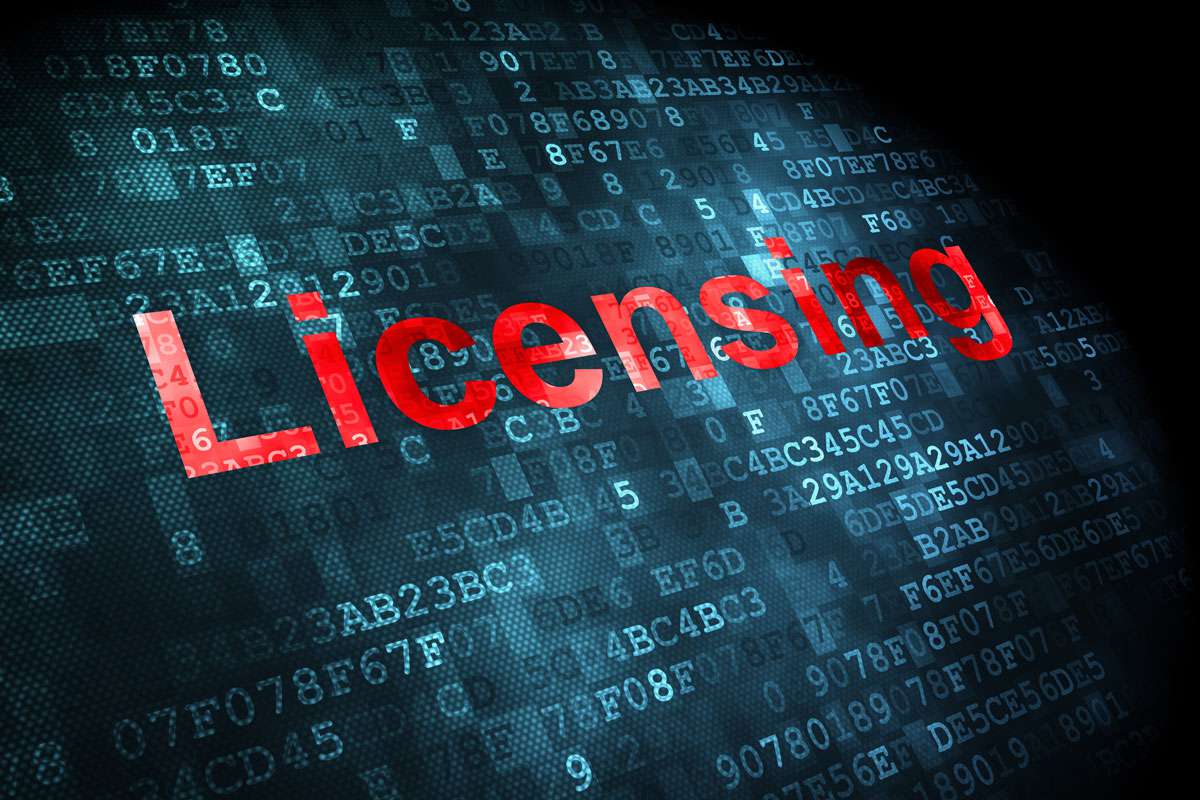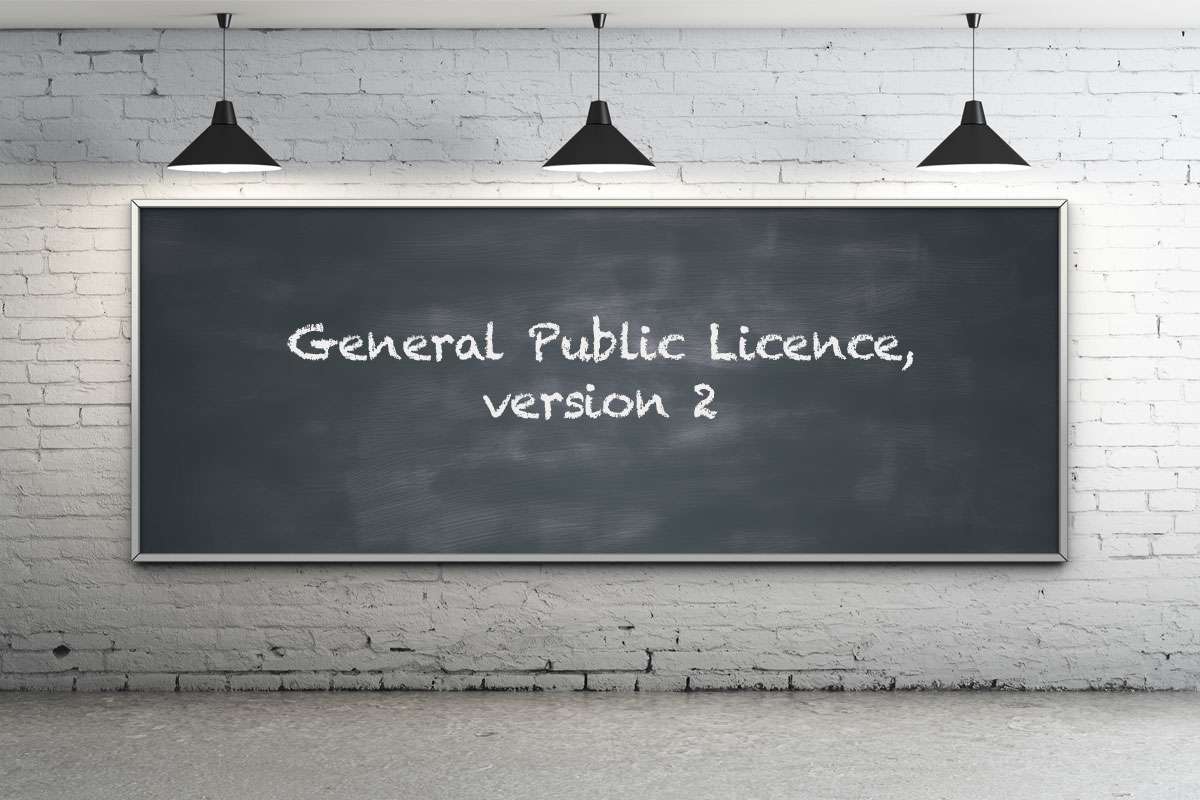WordPress themes, the GPL and the conundrum of derivative works
Meet ‘theme’ In the beginning (of WordPress that is) there was no separate theming system as we know it today. Rather, the theming system that we now know and love was added in version 1.5 (“Strayhorn”), in February 2005, and has been enhanced numerous times since then. Today, the humble theme – responsible for the layout, look and feel of a site – is a key and swappable component of virtually every WordPress installation and, as most WordPress users know, for those who don’t wish to develop their own theme there is a dazzling array of readily available themes to choose from. Evolution of commercial themes and their licensing As WordPress became more and more popular and as people began to see and leverage its value, it was inevitable that new business models would emerge. One such business model was the development and sale of premium/commercial themes. Turning to the topic of licensing (and putting what the GPL may require to one side for now), the owners of such businesses could license their themes: in their …




